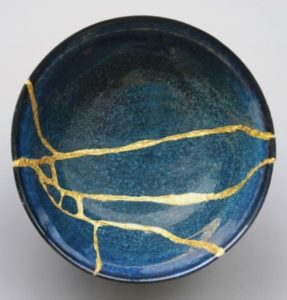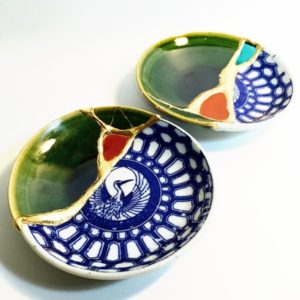WHAT. . . ?
You saw it
You watched it
but what did you really see. . .
but what did you watch. . .
A LIVING DEFINITION OF
HOLDING SPACE:
You saw
You watched
WHAT
it means to be with someone without judgment;
to donate your ears and heart
without wanting anything back;
To practice
Empathy and Compassion;
To accept Someone’s
TRUTH
as raw, distasteful and painful
as that
TRUTH
may be
no matter what they are
or
WHO
they are. . .

W I T
is a 2001 movie that was based on the 1999 Pulitzer Prize winning play by Margaret Edson. It stars award winning actress, Emma Thompson with a cameo scene of Maggie Smith
in this powerful example of how she
HELD SPACE
for Emma’s character on her death bed
quickly followed by a great scene as how to
N O T
HOLD SPACE
by a young intern who was more concerned about
RESEARCH
than
Respectful Compassion. . .
OUR TAKE AWAY:

IF THESE COVID19 TIMES
have taught us nothing
(especially over this once again surreal week)
isn’t it simply to

an open, empathetic reminder of

It just might be the difference between
HOLDING SPACE
or
IGNORING IT




































